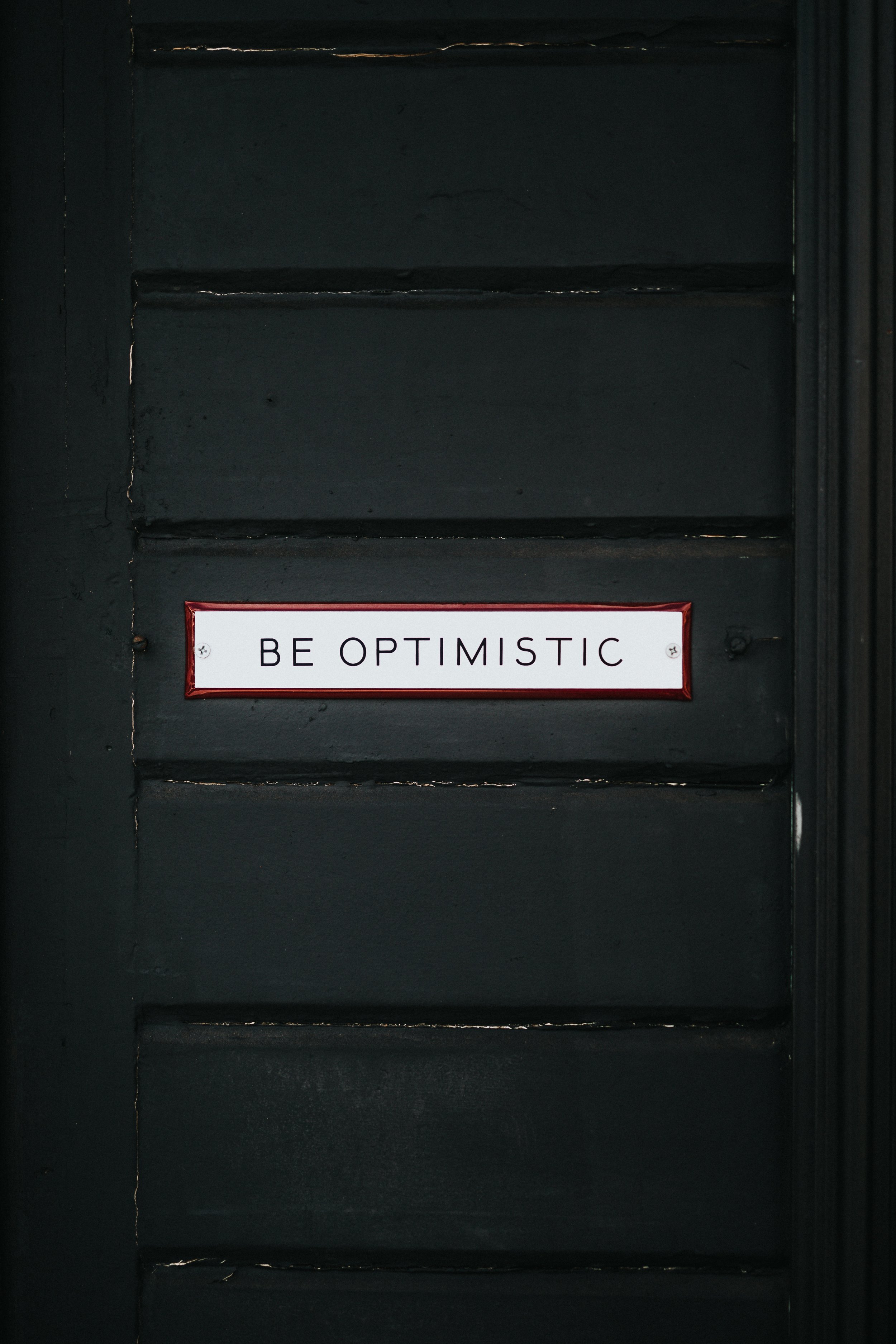Trading Hope for Optimism
Dr. Namsoon Kang shared in a recent class the difference between optimism and hope. Dr. Kang noted that optimism is rooted in data. That is when there is a lot of bad news, we might look for data to give us a reason to be optimistic about the future. Data is the basis for our silver linings and we become dependent upon the data to keep us optimistic.
If the stock market is up or our candidates poll numbers are high, then we remain optimistic about our future.
Do we want to settle for optimism? Photo by Nathan Dumlao on Unsplash
It is interesting that if we are not able to find the data to counterbalance the bad news, then we have little to be optimistic about. Thus data is the root of both optimism and pessimism. Data, in our world, has become the idol we look toward to help us make sense and directs us how to feel.
Hope is not rooted in data. Which may be why materialists, skeptics, and many non-theists struggle to be hopeful. If we look for data before we decide to be hopeful then we are not looking for hope, we are looking for optimism. Hope is not rooted in data, it is rooted in the struggle.
Christianity does not talk about optimism at all. Christians are not optimists, we are hopeful. Christians do not dismiss data, for instance Christians ought to be concerned about the recent data of the warming earth. However bad this data is, Christians remain hopeful because the struggle to live with this new reality and change behavior is what we hope for.
The reality is too often we Christians are trading hope for optimism. We are giving up our hope because the data convinces us that the future of the church is not great. Hope and optimism are not interchangeable words/ideas. The struggles in the church now and in the future may not breed optimism, but will surely produce hope.
Hope in Baseball (and Christ)
Each spring there is a sense of hope that moves through the hearts of so many people. There is a sense that this is the year that all the pain of the past will be destroyed and that all the shame of mistakes and falling short will be redeemed. It is the sense that finally, after much work, recovery from injury, getting the right leaders and trusting in the basic fundamentals that this is the year the Cubs will win the Major League Championship.
This sense of hope has moved through the hearts of Cub fans for over 100 years. There is always hope that this is the year the Cubbies, or any team for that matter, will overcome all the difficulties and struggles of the long season in order to stand victorious. And even if they don't, well there is always next year.
As Peter Gomes said in his book The Scandalous Gospel of Jesus:
“Hope is not merely the optimistic view that somehow everything will turn out all right in the end if everyone just does as we do. Hope is the more rugged, the more muscular view that even if things don’t turn out all right and aren’t all right, we endure through and beyond the times that disappoint or threaten to destroy us.”
The thing about baseball fans is there is a sense of hope and not just optimism. These fans don't abandon the team just because they did not preform the way the fan hoped they would have. Fans are not driven by optimism, but by hope. They will turn out even when the team stinks and all hope is lost.
The question for the disciple of Christ in the Easter season is are we just optimistic about the Way of Christ or are we hopeful?

Be the change by Jason Valendy is licensed under a Creative Commons Attribution-NonCommercial-ShareAlike 3.0 Unported License.



